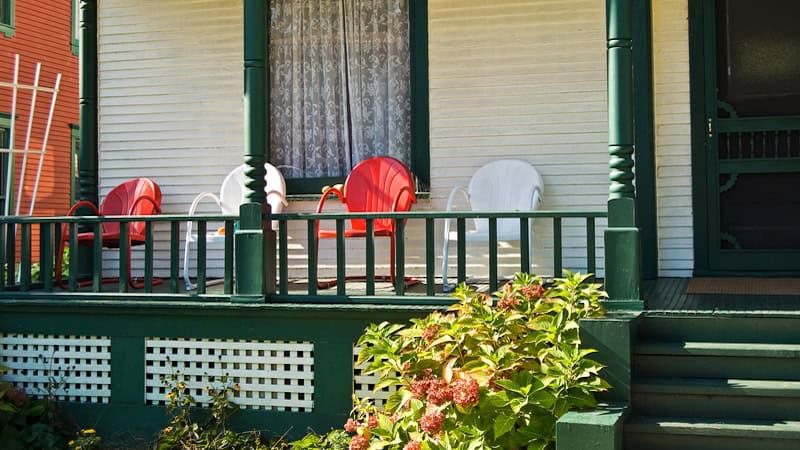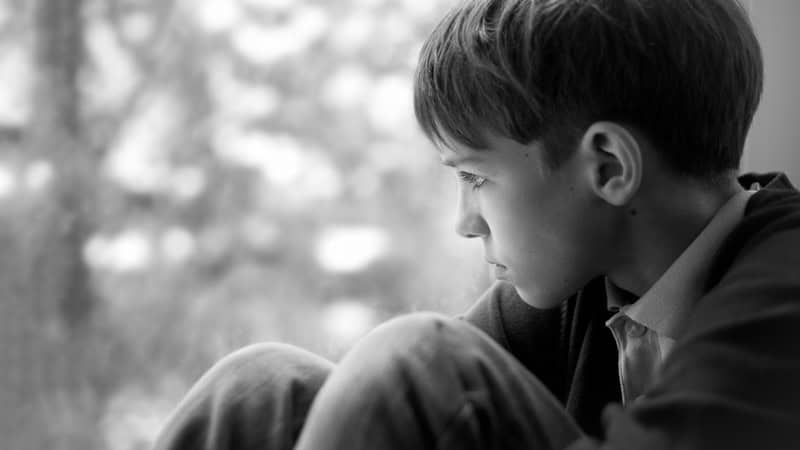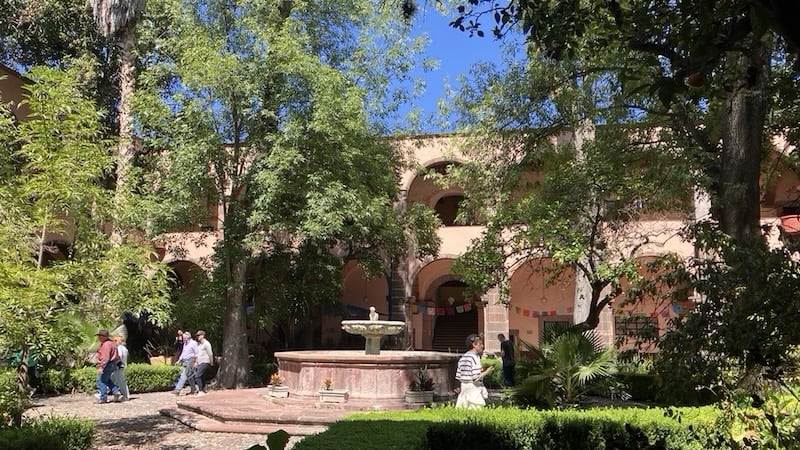Native Son: Baseball on the Boulevard
Over the years, I learned a lot about the game -- and more about tolerance
The recent talk of relocating The Diamond from the Boulevard to the Flood Plain has elicited a rising tide of memories.
I’m among the two generations of kids who grew up in the warm, emerald embrace of professional baseball in our city, first at Parker Field, then the Diamond. For 30 years, my father – who worked at Byrd Field in the Federal Aviation Administration – was the expert the Virginians and Braves called to determine if approaching weather might affect the day’s game.
In return, he was given two box seats, lower section, on the left aisle behind home plate.
BLOOD AT THE BALLPARK
At Parker Field, the net was extended above the seats behind the plate. Foul balls hit straight back were always accompanied by a run up-and-down the keys of the park’s organ as they bounced on the netting, as if they were little acrobats in a circus. If a ball were hit at just the right angle, it invariably spilled off the left edge of the net into my waiting hands. Rare was the game I didn’t leave with a ball or two. I became the supplier for neighborhood sandlot games and a canny swapper of real baseballs for bubblegum cards. Sometimes when I already had two or three balls I played at magnanimity and gave them away to kids in the stands smaller than I, for applause.
I bear a long scar on my right forearm from Parker Field. One long ago double-header, my dad gave me five dollars to fetch him a beer and a dog, and a Coke and dog for me, from the food stall along the third baseline. Yes, these were the days when a 7-year-old could carry a beer back to his old man.
I trod along the chain link fence, and before I reached the booth, a foul ball rolled to the base of the fence. I beat three other kids to it, peeled back the bottom of the fence and stuck my hand under to grab the prize. One of the thwarted kids, a boy my age, kicked the fence in frustration. The sharp ends of the metal strands ripped into my bare arm. I freed myself, smashed the ball into the boy’s nose, and the fight was on. An usher separated us two blood-smeared young’uns. Asking no questions, he simply tossed the other boy, who – did I mention? – was black, out of the park and walked me back to the home locker room.
There, the Virginians’ trainer took a break from attending to Mel Stottlemeyer (who would pitch the second game) to paint with stinging iodine, then swaddle in gauze, my gashed arm. Mel signed the gory ball. I was taken back to my dad who, like the usher, asked no questions. He said only: “Beer. Dog. Change.”
‘WE’RE NOT TAILORS ANYMORE!’
Years later – and another recollection of race – Donnie Moore, a young black player for the Cubs’ AAA team, was pitching against our Braves. My dad, who would be dead in six years, and I sat in the same seats we’d had at Parker Field, on the aisle to the left of home plate. Donnie Moore, who in 10 years would be dead from suicide, couldn’t find home plate with a Geiger counter. Some random redneck standing near my father began to berate Moore for his poor control. The man didn’t shy away from aiming the most abusive epithets at the unfortunate pitcher. My father, having enough of it, smashed his cane down on the rail near the miscreant’s arm, telling him to take his ugly rant elsewhere. The man transferred his mean tongue to my father who calmly turned to me to say, “You do this one.”
If you have seen me, you know that I am a big man. At the time I was 25. That was a different kind of big, because everything still worked. I rose to my full six-feet-six and pointed the man up the aisle, advising him to do as my father suggested. I mentioned there might be mayhem if he demurred. The redneck backed away, cussing me, Dad and Donnie Moore. I kept to my feet, swollen in victory. My father aimed his cane at me like a carny barker and answered the curses with a shout: “You see this? This is the new Jew. We’re not tailors anymore!”
I’ll miss baseball on the Boulevard, if a new stadium is built elsewhere. For me, it’s been the site of 55 years of rooting, booing, Herculean events, organ music, wisdom, companionship, fire- works, love, so much youth.
And heroes, not just in uniform, but seated beside me.


